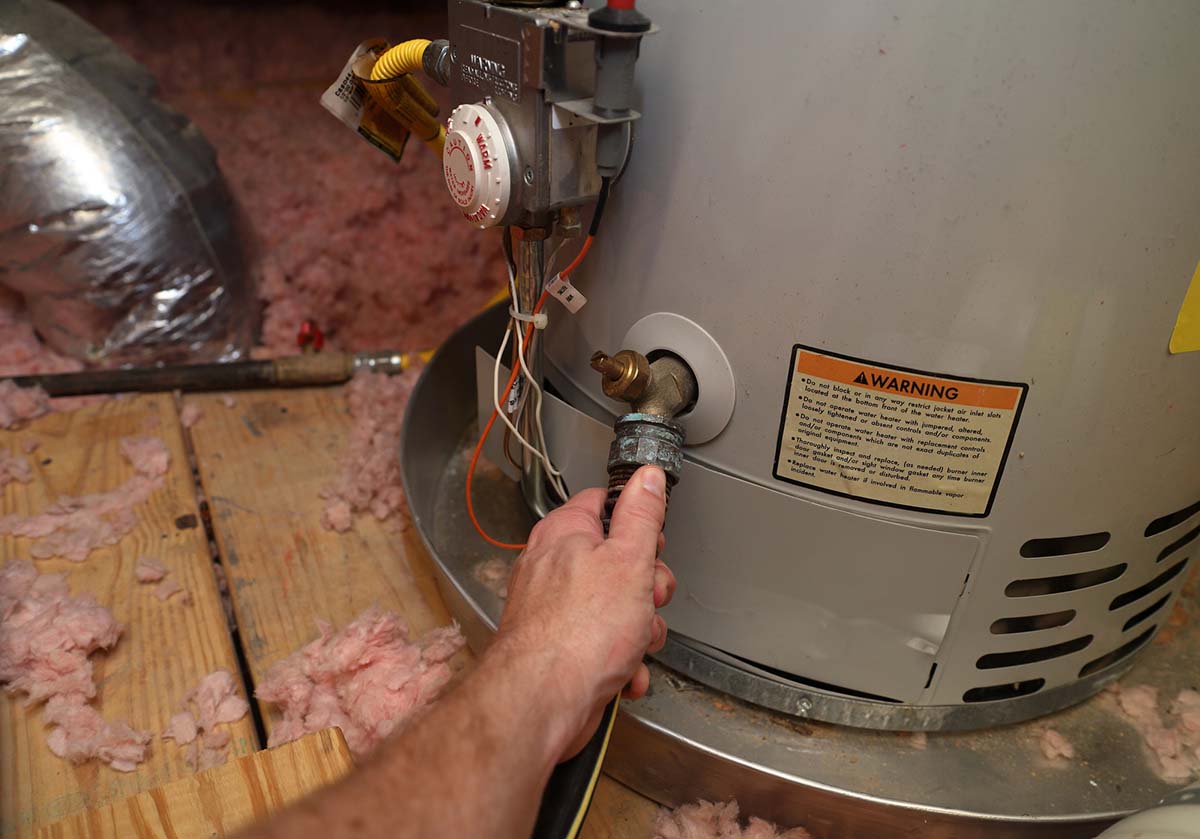Hot Water Tank Disposal in Sydney: A Practical, Eco-Friendly Guide ♻️
by Cheap Cheap Team
Friday July 18th 2025

If you're replacing your old hot water system—whether it's broken, outdated, or you're upgrading to a more energy-efficient model—knowing how to dispose of the old tank responsibly is essential. In Sydney, there are several environmentally responsible and regulation-compliant options available to ensure proper disposal.
Why Proper Hot Water Tank Disposal Matters
1. Safety and Environmental Responsibility
Hot water tanks may contain residual water, rust, sediment, or insulation materials. If these are not disposed of properly, they can cause environmental harm or safety hazards.
2. Compliance with Local Regulations
Many councils in Sydney restrict the disposal of large household appliances. Hot water systems, often considered white goods or scrap metal, should not be placed in general waste or dumped illegally. Disposal through approved methods ensures you stay within the law and avoid fines.
3. Freeing Up Space
Old systems can take up significant space in garages, yards, or storage areas. Removing and properly disposing of them allows for a cleaner, more functional area, especially if installing a new system in the same location.
Disposal Options in Sydney
Council Clean-Up Services
Most Sydney councils offer bulky waste collections, which may include hot water systems. Bookings are often required, and items must be placed on the kerbside in accordance with council guidelines. While this is often free, it’s essential to confirm the service details in your local area.
Recycling Centres and Waste Transfer Stations
Several recycling centres around Sydney accept white goods, including hot water systems. These facilities are designed to handle large metal appliances and will dismantle the unit for proper recycling. Some sites may charge a disposal fee based on weight or material type.
Professional Rubbish Removal Services
For those who prefer a more convenient option, Cheap Cheap Rubbish Removal can pick up and dispose of hot water systems. While this service typically comes with a cost, it often includes safe disconnection (if required), transport, and environmentally responsible disposal. It’s a good option for units located in hard-to-reach places or requiring dismantling.
The Disposal Process Explained
Assessment of the Unit
The tank is inspected to determine its size, materials, and any potential challenges for removal.
Disconnection and Draining
Before removal, the system must be disconnected from power and water sources. Any remaining water is drained to avoid spills or extra weight during transport.
Safe Removal
Depending on the location and size of the unit, it may be removed whole or in parts. This ensures it can be safely transported without damaging your home or property.
Transport and Disposal
Once removed, the tank is delivered to a recycling facility or waste management centre. There, it is broken down into recyclable and non-recyclable parts.
What Happens to the Tank After Disposal?
Metal Components
Steel and copper are separated and sent for recycling, often being repurposed for use in manufacturing.
Plastic Parts
Depending on the type, these may be recycled or disposed of in accordance with environmental regulations.
Hazardous Materials
If the tank contains insulation foam or other components requiring special treatment, these are handled safely to minimise environmental impact.
Costs Involved
Disposal costs can vary but approximately: $100 – $300+
Factors affecting cost include:
- Size and weight of the tank
- Ease of access to the removal site
- Distance to disposal or recycling facility
- Any disconnection or cutting required
How to Prepare for Hot Water System Disposal
- Turn Off Power & Water: Ensure your system is switched off at the source before disconnection or removal.
- Drain the Tank: If possible, drain all remaining water from the tank to reduce weight and mess.
- Clear Access Routes: Make sure there's a clear path from the tank to the exit point.
- Check Council Guidelines: If using a council service, review any restrictions or required placement instructions.
Final Tips for Responsible Disposal
- Never dump a hot water tank in bushland, vacant lots, or on the kerb outside designated collection times.
- Always check with your local council or waste service for the most up-to-date rules on disposal.
- Consider recycling whenever possible—it reduces environmental impact and may even offer some return if scrap metal is valuable.
Call us today for Proper hot water tank disposal in Sydney
Proper hot water tank disposal in Sydney ensures safety, protects the environment, and keeps you compliant with local laws. Whether you use a council collection, visit a recycling centre, or hire a private service, taking the time to dispose of your system the right way helps build a cleaner and more sustainable city.









